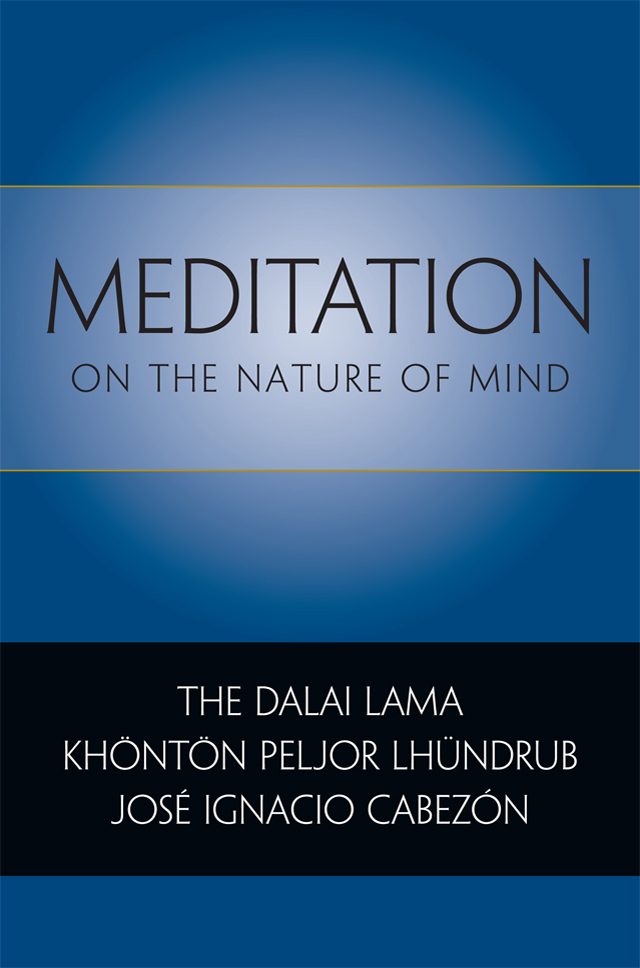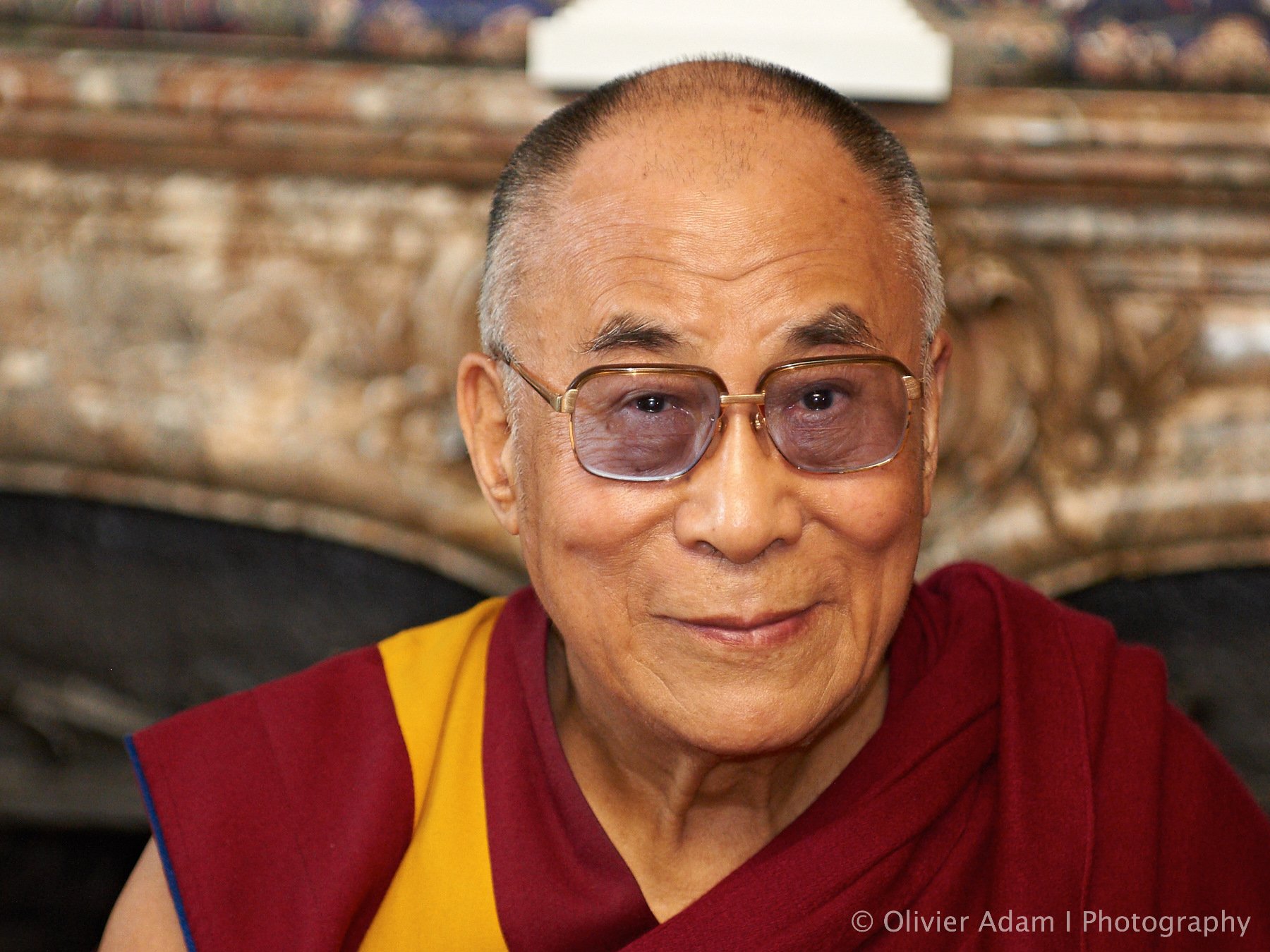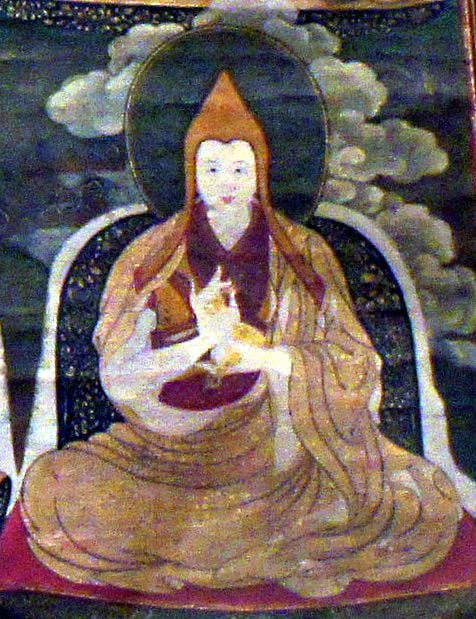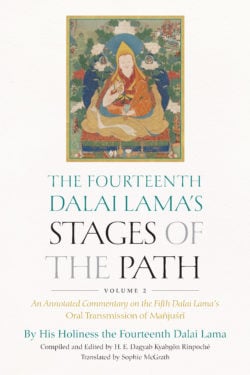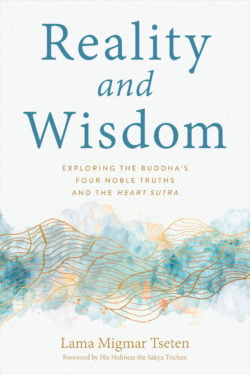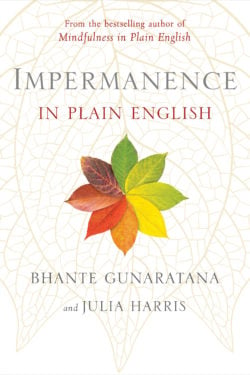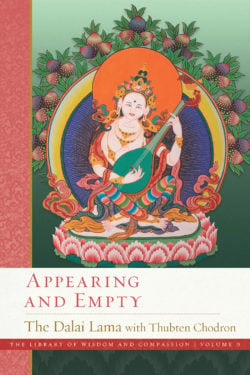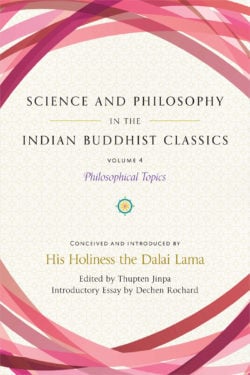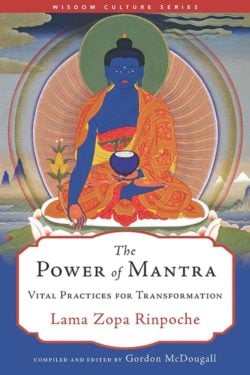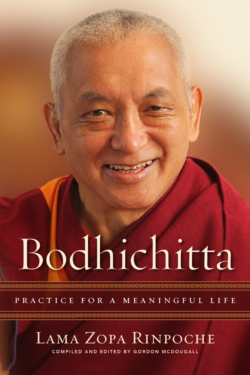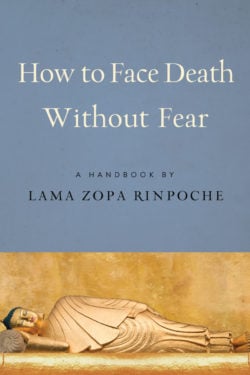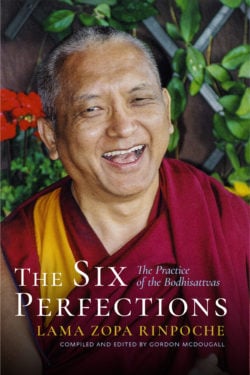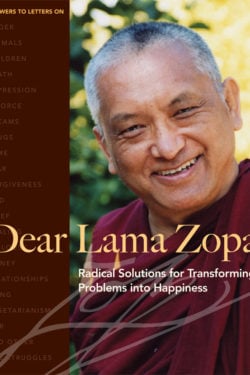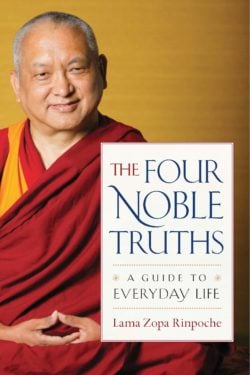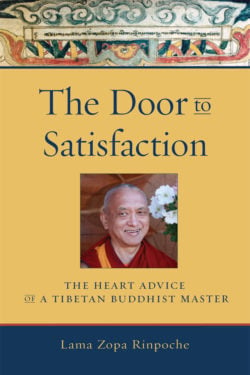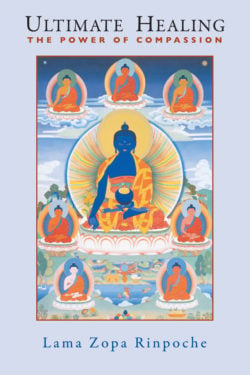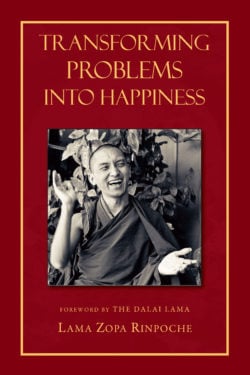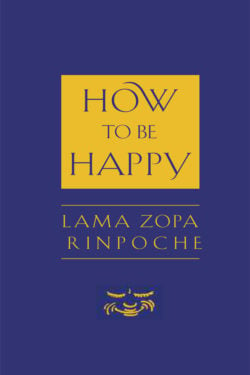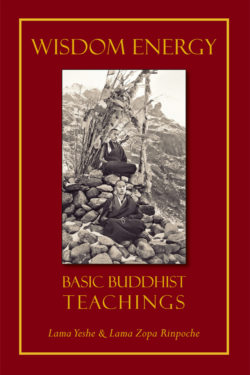Tenzin Gyatso, the Fourteenth Dalai Lama, is the spiritual leader of the Tibetan people. He frequently describes himself as a simple Buddhist monk. Born in northeastern Tibet in 1935, he was as a toddler recognized as the incarnation of the Thirteenth Dalai Lama and brought to Tibet’s capital, Lhasa. In 1950, Mao Zedong’s Communist forces made their first incursions into eastern Tibet, shortly after which the young Dalai Lama assumed the political leadership of his country. He passed his scholastic examinations with honors at the Great Prayer Festival in Lhasa in 1959, the same year Chinese forces occupied the city, forcing His Holiness to escape to India. There he set up the Tibetan government-in-exile in Dharamsala, working to secure the welfare of the more than 100,000 Tibetan exiles and prevent the destruction of Tibetan culture. In his capacity as a spiritual and political leader, he has traveled to more than sixty-two countries on six continents and met with presidents, popes, and leading scientists to foster dialogue and create a better world. In recognition of his tireless work for the nonviolent liberation of Tibet, the Dalai Lama was awarded the Nobel Peace Prize in 1989. In 2012, he relinquished political authority in his exile government and turned it over to democratically elected representatives.
His Holiness frequently states that his life is guided by three major commitments: the promotion of basic human values or secular ethics in the interest of human happiness, the fostering of interreligious harmony, and securing the welfare of the Tibetan people, focusing on the survival of their identity, culture, and religion. As a superior scholar trained in the classical texts of the Nalanda tradition of Indian Buddhism, he is able to distill the central tenets of Buddhist philosophy in clear and inspiring language, his gift for pedagogy imbued with his infectious joy. Connecting scientists with Buddhist scholars, he helps unite contemplative and modern modes of investigation, bringing ancient tools and insights to bear on the acute problems facing the contemporary world. His efforts to foster dialogue among leaders of the world’s faiths envision a future where people of different beliefs can share the planet in harmony. Wisdom Publications is proud to be the premier publisher of the Dalai Lama’s more serious and in-depth works.
Photo of His Holiness provided by Olivier Adam.
Other books by His Holiness the Dalai Lama:
The Fourteenth Dalai Lama’s Stages of the Path, Volume 2
Appearing and Empty
Science and Philosophy in the Indian Buddhist Classics, Vol. 4
Realizing the Profound View
Science and Philosophy in the Indian Buddhist Classics, Vol. 3
The Extraordinary Life of His Holiness the Fourteenth Dalai Lama – Tibetan Edition
The Fourteenth Dalai Lama’s Stages of the Path, Volume 1
Searching for the Self
The Extraordinary Life of His Holiness the Fourteenth Dalai Lama
Courageous Compassion
Science and Philosophy in the Indian Buddhist Classics, Vol. 2
In Praise of Great Compassion
Mastering Meditation
Following in the Buddha’s Footsteps
The Essence of Tsongkhapa’s Teachings
The Compassionate Life
The Life of My Teacher
The Life of My Teacher (Paperback)
Ecology, Ethics, and Interdependence
Samsara, Nirvana, and Buddha Nature
The Foundation of Buddhist Practice
Buddhism
Approaching the Buddhist Path
Science and Philosophy in the Indian Buddhist Classics, Vol. 1
Kalachakra Tantra
MindScience
The World of Tibetan Buddhism
Sleeping, Dreaming, and Dying
Practicing Wisdom
The Good Heart

